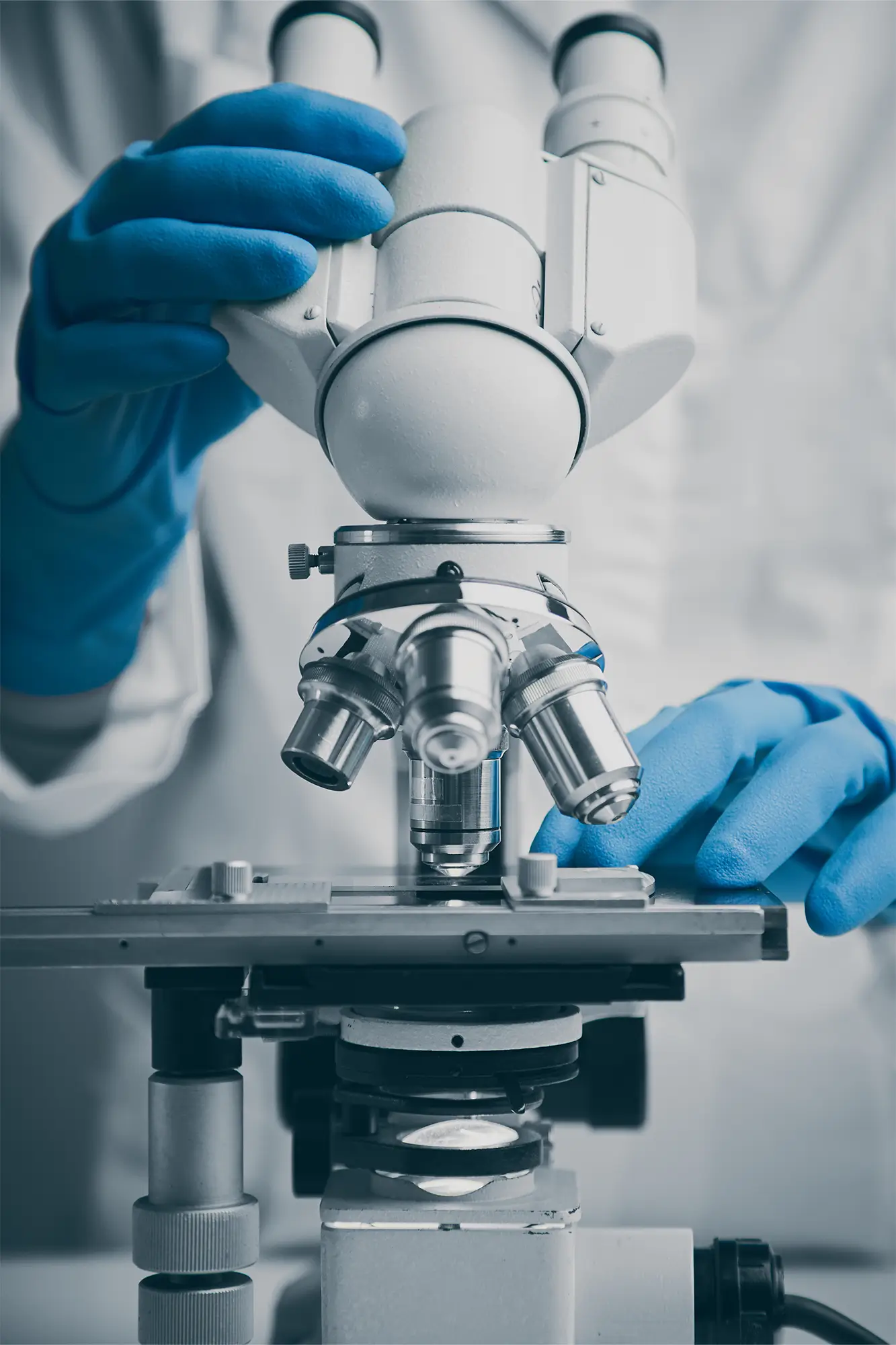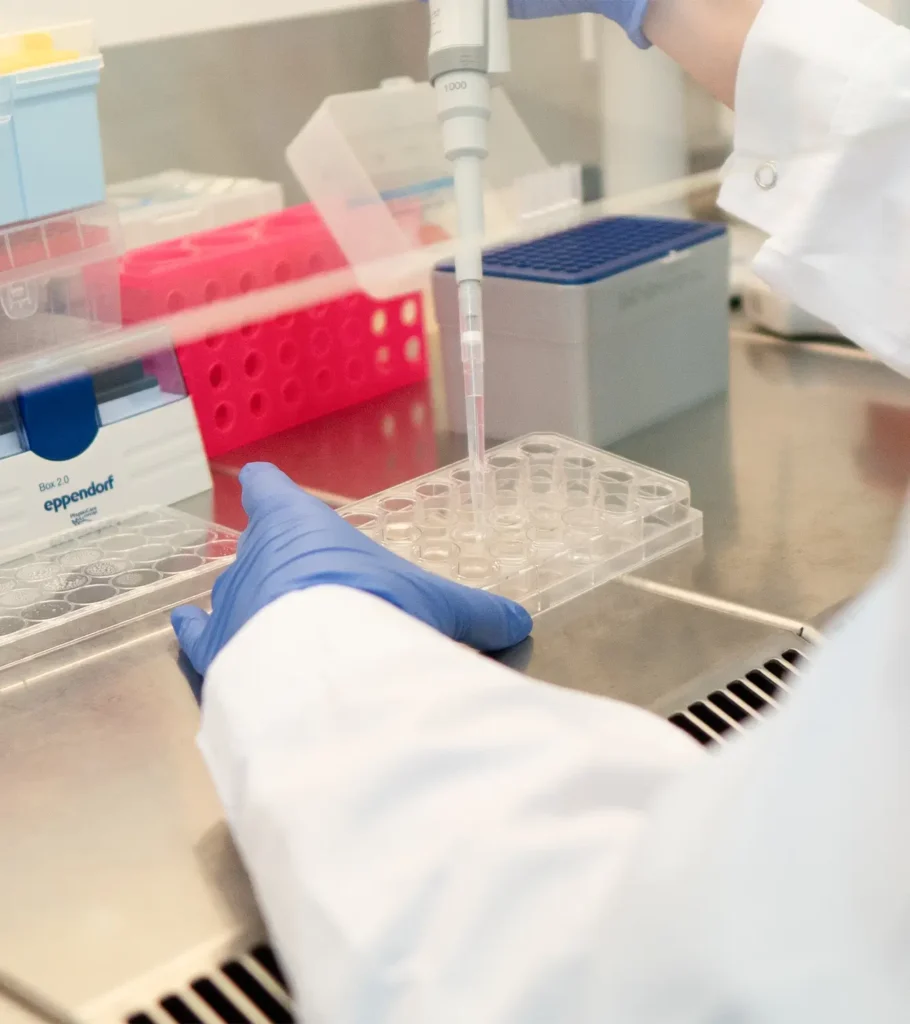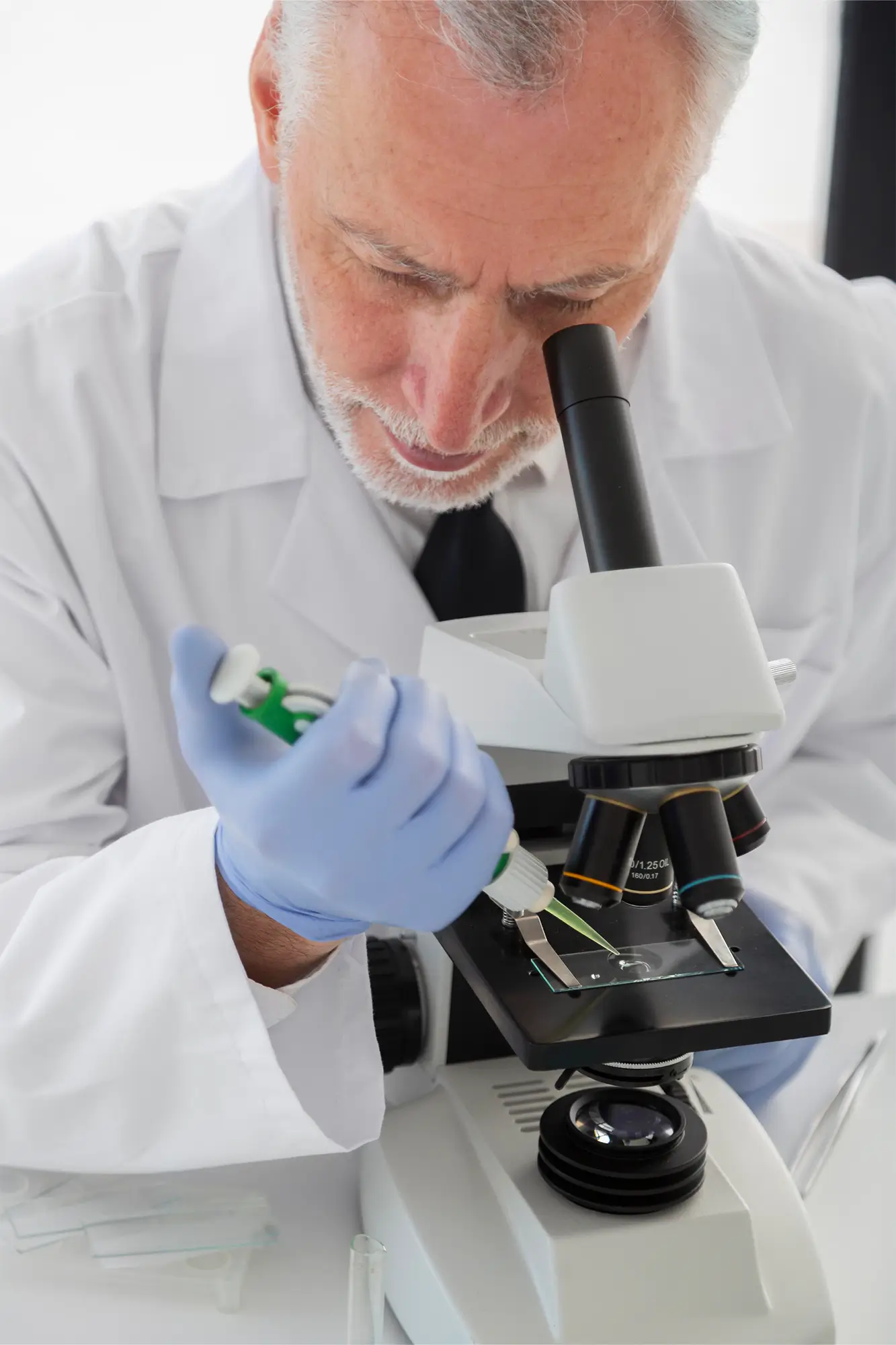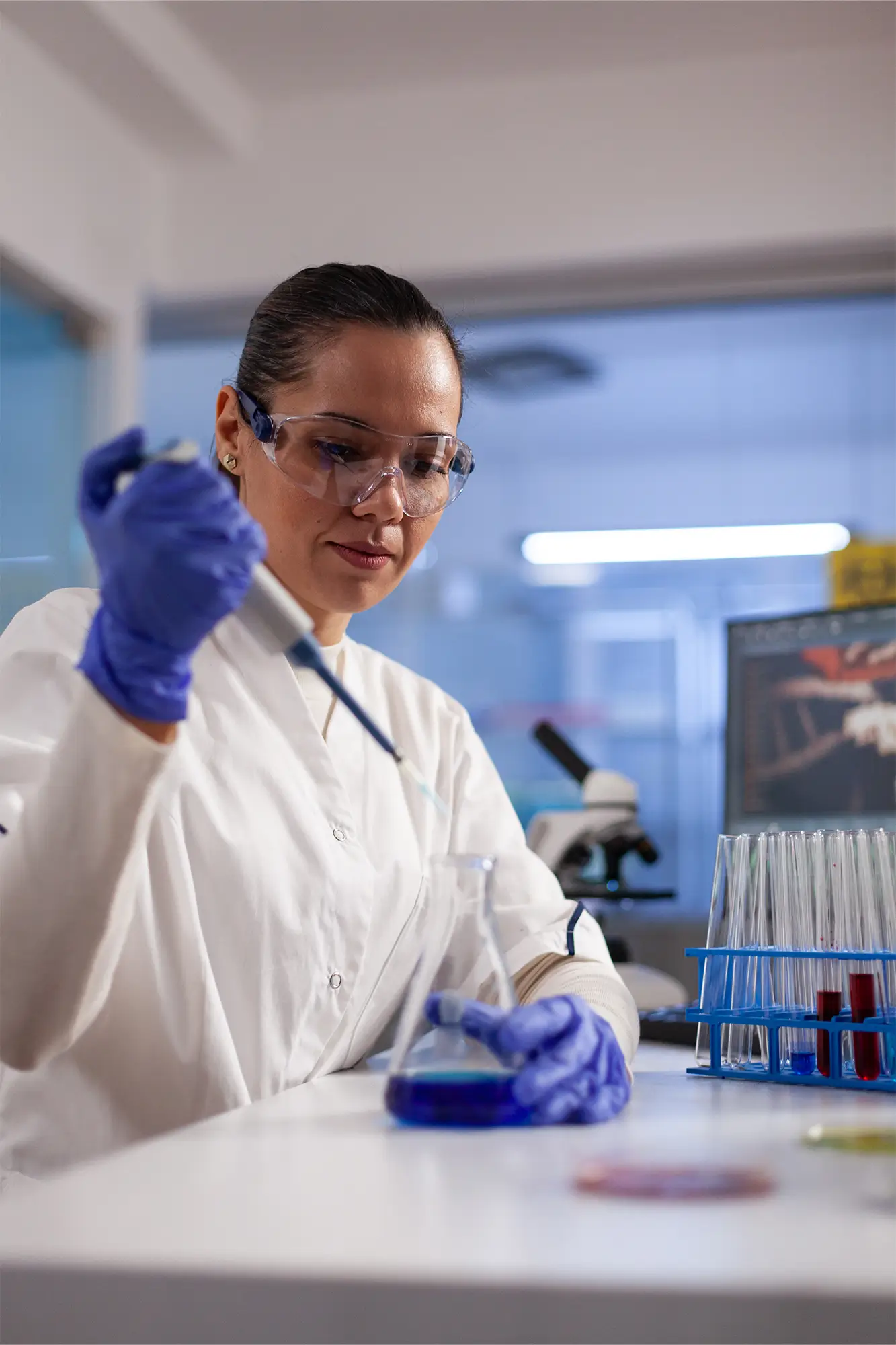
Scientific aim of the project is to establish the platform of Standardized Approaches to Modelling and Examination of Neuropsychiatric Disorders (SAME-NeuroID) at Łukasiewicz – PORT. The platform will meet the market needs for a unified and well-defined set of tools with which to investigate the biological basis of mental disorders with high reliability and reproducibility, a prerequisite for early validation of targets.
The components of the SAME-NeuroID platform will be two types of complementary assays covering key aspects of target validation: in vivo assays for evaluating social behaviour deficits in rodents, and in vitro assays for examining cellular phenotypes related to psychiatric diseases in the context of human neural cells.
The emergence of approaches based on human induced pluripotent stem cells (iPSCs) raises interest as a key driver for ‘personalized medicine’, since somatic cells for iPSC generation are obtained from the patients with defined medical history. These methods offer an unprecedented possibility to examine specific phenotypes of various types of neural cells related to disease in the context of human genetics. To date, a number of protocols has been published for generation of pure 2D cultures of iPSC-derived neurons or glia, a reductionistic approach to understand the biology of defined cell types.
Continuous efforts are currently ongoing to ensure scalability of these methods and streamline the differentiation to achieve desired regional characterization (e.g. cortex, hypothalamus). Alternatively, iPSC can be steered to mimic the developmental sequelae of differentiation in mixed neuro-glial co-cultures, brain organoids and patterned organoids or assembloids, suitable for investigating complex cellular interactions. The main challenge with these tools remains their large degree of heterogeneity, albeit patterned organoids offer a more reproducible and less heterogenous in vitro model.




Within SAME-NeuroID we will validate scalable and reproducible model for investigating human neural cells dysfunctions related to psychiatric phenotypes. Based on a critical review of protocols available in partner laboratories we selected two protocols which offer high reproducibility, functional maturity of cells and screening capacity. During the project, we will share best practices in iPSC handling and differentiation to neural and glial lineages.
Our strategy includes validation of cellular maturity and functionality (e.g. glutamate buffering for astrocytes; spontaneous neuronal activity in co-cultures, etc). Ultimately, we will establish standard operating protocols (SOPs) to be employed and validated in Łukasiewicz – PORT and across partner laboratories in the context of site-specific iPSC lines.


With a relentless pursuit of knowledge, we unravel the complexities of the mind, unraveling the mysteries that hinder mental well-being. Join us as we pave the way for breakthroughs in neuroscience and offer hope for a brighter future
Copyright © 2023
Designed by Vex Design Studio